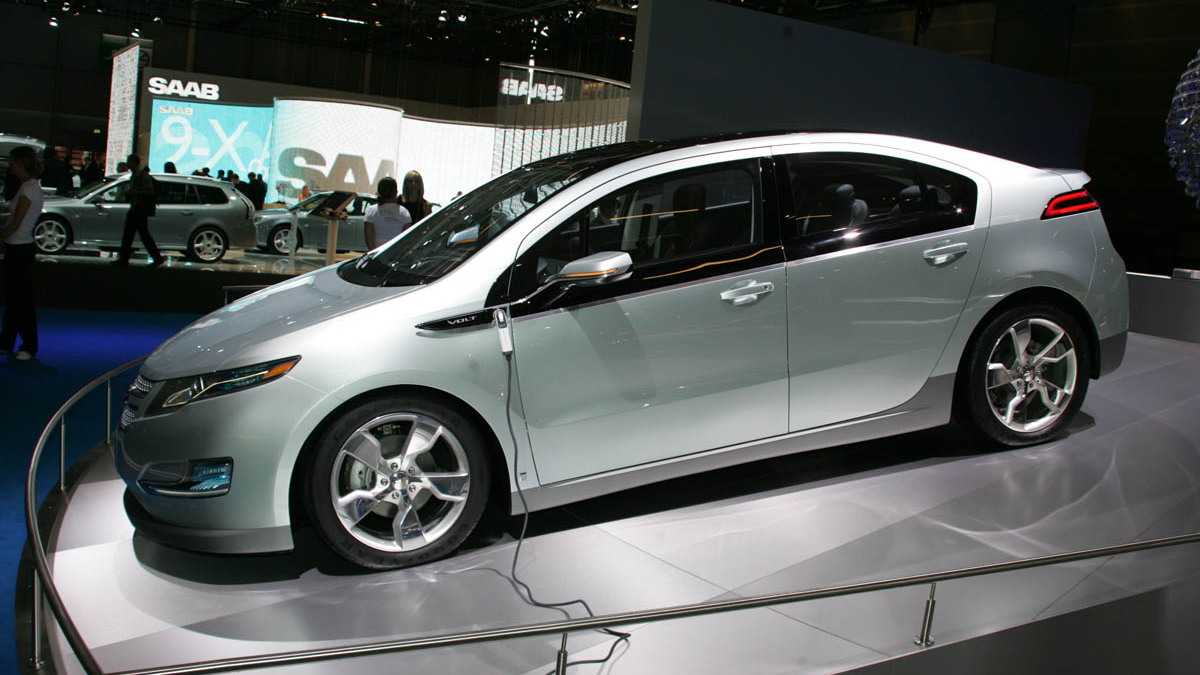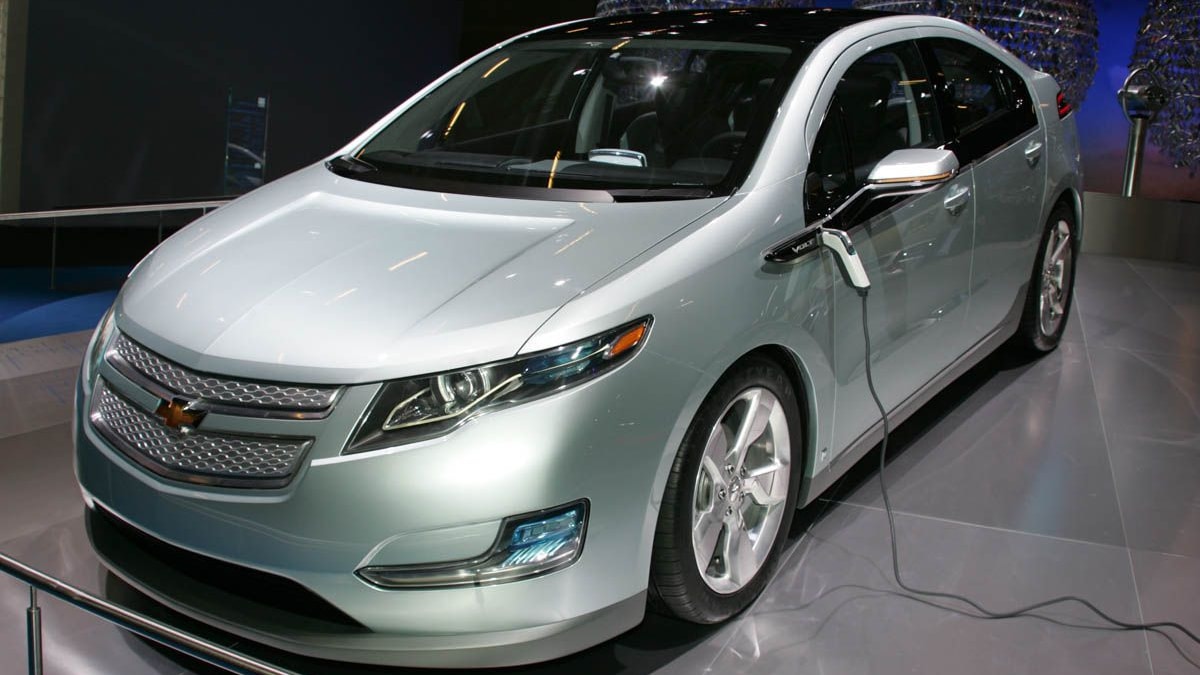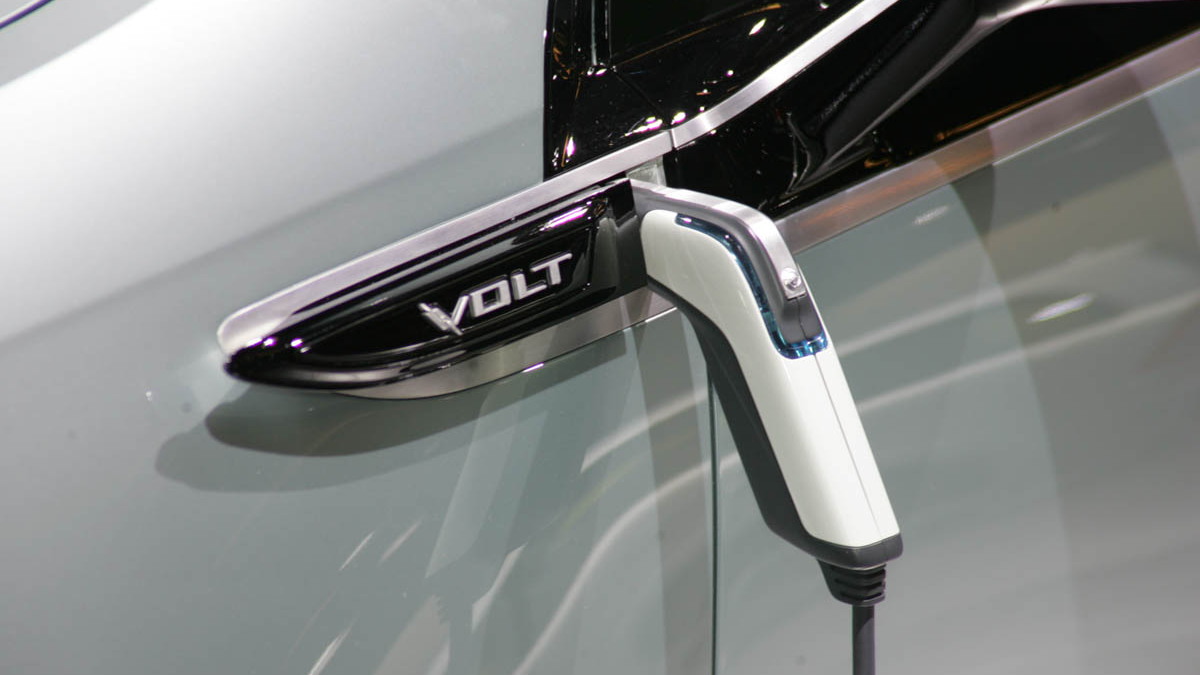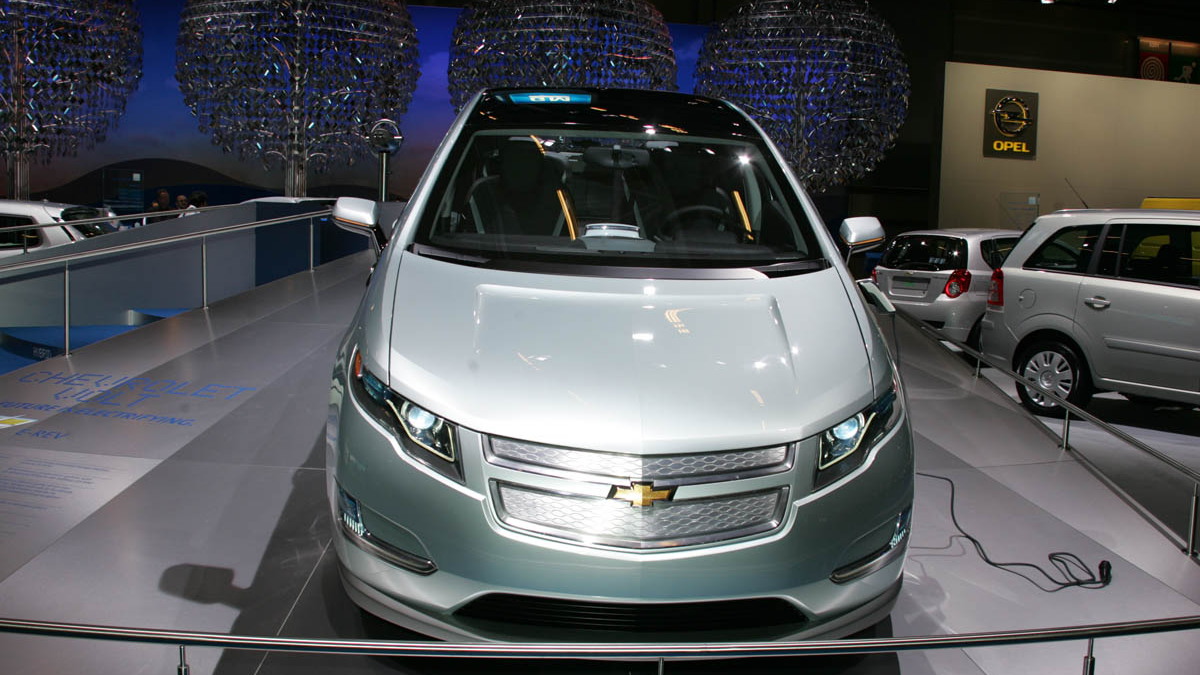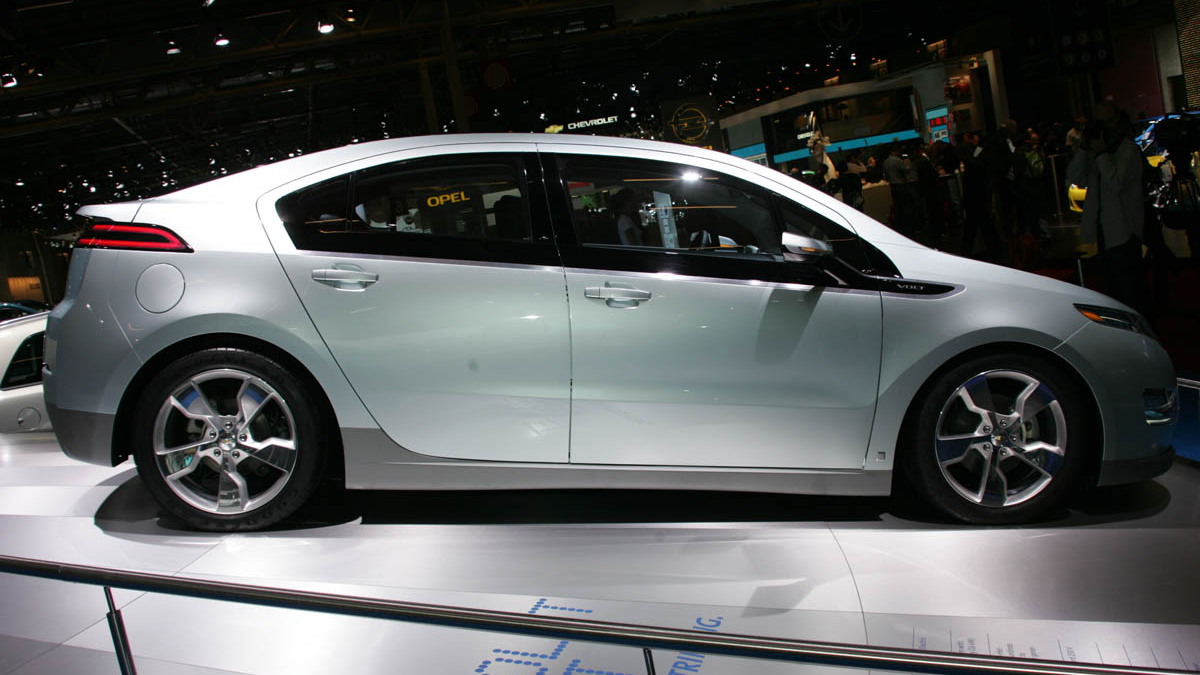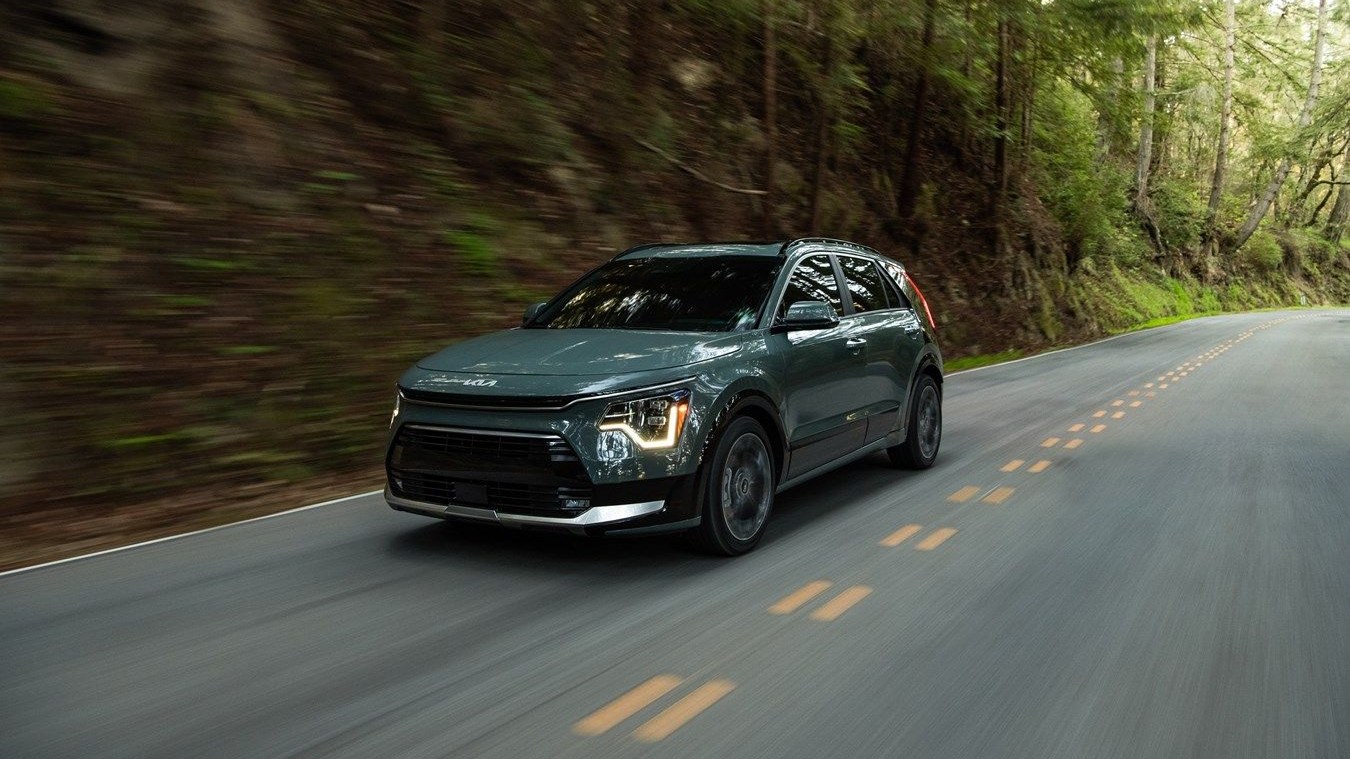Now, GM's vice-president of global program management, Jon Lauckner, has come out to defend the carmaker’s position. Lauckner claims that the study fails to take into account several important factors, such as the real cost of battery-packs and the fact that the federal government provides a $7,500 tax credit for vehicles such as the Volt.
While GM hasn't revealed just how much its battery packs cost to produce, it claims that the study overestimates this cost in its calculations. Thus, while the study showed that using lighter and less expensive batteries would offer the best compromise between expense and efficiency, GM claims that its battery packs are cheap enough to overcome this problem. Additionally a smaller electric range would result in a reduced tax credit for the vehicles, according to the government's stipulations in that area.
Despite the naysayers, GM's eagerly awaited Volt is still expected to sell well when it hits dealerships in 2010 and we expect its large 40mi range will be considered one of the most important features for potential buyers.
